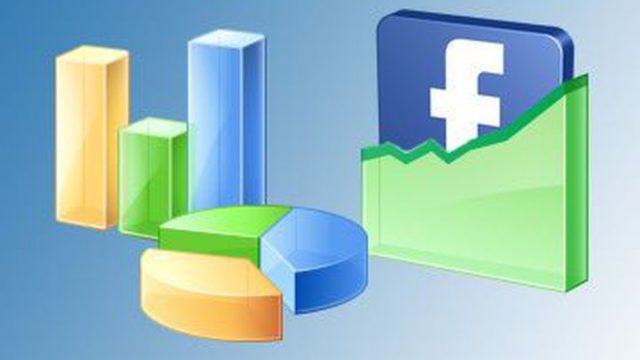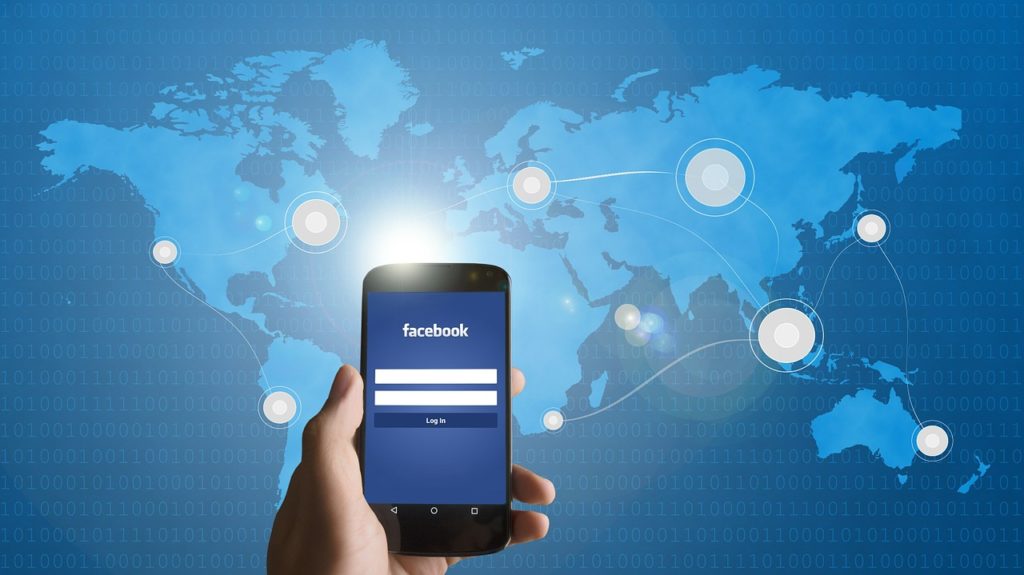With over half of marketers struggling to accurately measure return on investment, Facebook is answering the call with five new ways to accurately track ad effectiveness. The solution? Inserting more people into the equation.
“Measurement allows marketers to understand the effectiveness of their advertising,” Facebook said on its blog Wednesday. “But measurement across different devices, channels and platforms is tough without a consistent denominator. That denominator should be real people. When real people aren’t at the center of your digital measurement campaigns, up to 66 percent of digital conversion events can go unrecognized. People-based measurement tells a better story about how your ads are really performing.”
Those “people” will be members of Nielsen Catalina Solutions, offering consumer package goods (CPG) brands the ability to see the impact of Facebook and Instagram on in-store purchases. Nielson’s new, “robust sales lift measurement platform for the CPG industry” will offer insights and comparisons to the industry as a whole. For example, a recent study by Nielson revealed that 42 percent of Instagram users are more likely to spend money on music than general consumers.
 Facebook is also integrating the Life API by Oracle Data Cloud to estimate how likely people are to buy a product if they haven’t seen an ad versus those who have. “Lift uses a traditional, scientific test vs control methodology,” Facebook explained. “The test group sees an ad, while the control group does not. The difference between the two groups is the lift in sales from the ads. Lift tests can only be performed when both groups have the same characteristics, and this can only be done reliably when the measurement is people-based.”
Facebook is also integrating the Life API by Oracle Data Cloud to estimate how likely people are to buy a product if they haven’t seen an ad versus those who have. “Lift uses a traditional, scientific test vs control methodology,” Facebook explained. “The test group sees an ad, while the control group does not. The difference between the two groups is the lift in sales from the ads. Lift tests can only be performed when both groups have the same characteristics, and this can only be done reliably when the measurement is people-based.”
When a consumer sees a multitude of ads, it’s difficult to determine how many ads led to the actual purchase, and oftentimes the last ad clicked is given credit—accurately or not. Facebook hopes to combat this problem and accurately determine which ads lead to purchases through a partnership with Visual IQ and Neustar. This integration will analyze historical data from different channels leading up to the purchase.
For mobile developers, Facebook has enlisted the help of seven new mobile measurement partners (Adjust, Adways Inc., AppsFlyer, Apsalar, CyberZ, Kochava and Localytics) to determine what drives mobile app installs.
These announcements are strategically timed following Facebook’s foray into eCommerce, allowing users to make purchases directly from a Messenger conversation or in the case of movie tickets, a mobile advertisement. Facebook’s ad revenue grew by 63 percent in the second quarter of 2016, and these new analytics tools will no doubt contribute to further growth—if only because marketers will jump to try the new offerings for themselves.

